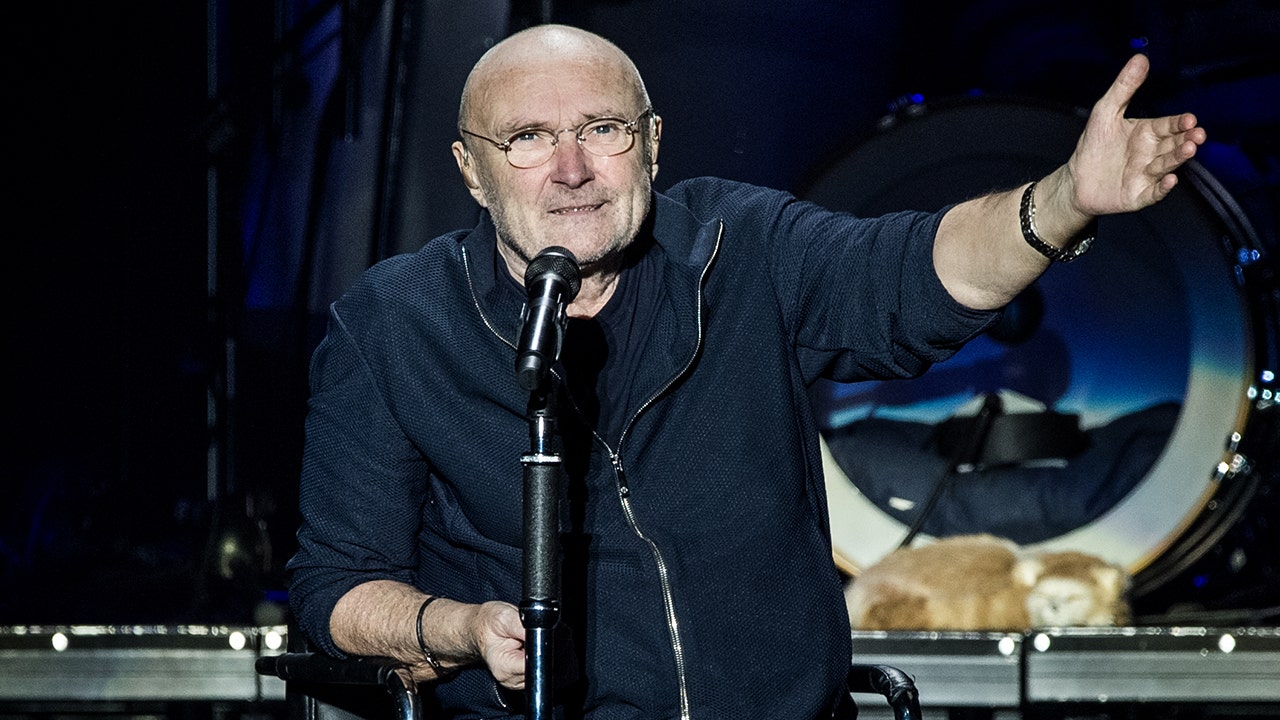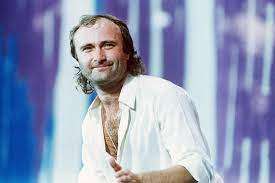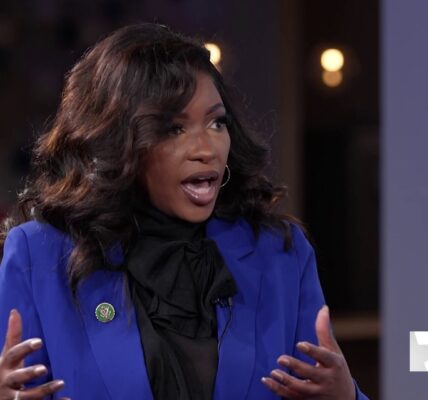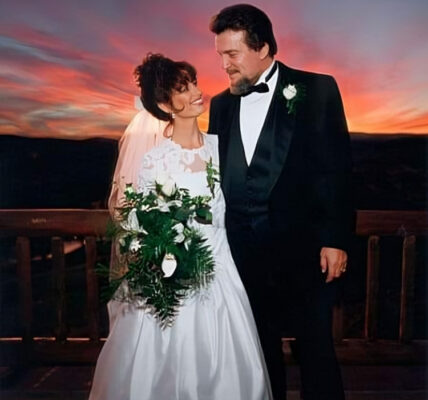When Phil Collins announced his First Final Farewell Tour in 2004, fans worldwide flocked to arenas knowing they might be witnessing the legendary artist’s last major global run. For those in Paris, one moment stood out above all others: Collins’ explosive performance of “Easy Lover” alongside powerhouse vocalists Amy Keys and Lamont Van Hook. Nearly two decades later, the footage still circulates online, reminding fans why this tour was such a defining moment in Collins’ career.
A Song Built for the Stage
Originally released in 1984 as a duet with Earth, Wind & Fire’s Philip Bailey, “Easy Lover” became one of Phil Collins’ biggest international hits. The track’s driving beat, soaring harmonies, and infectious groove made it a concert favorite. By 2004, the song had already become a staple of Collins’ live shows, but the Paris performance gave it new life.
Rather than trying to replicate Bailey’s role himself, Collins wisely leaned on his longtime touring partners Amy Keys and Lamont Van Hook. Both seasoned vocalists with backgrounds in gospel, R&B, and pop, Keys and Van Hook elevated the performance with dynamic range, soul, and charisma.
The Paris Atmosphere
The concert took place at the Palais Omnisports de Paris-Bercy, an arena known for its electric energy. The French crowd, already primed by a setlist filled with hits like “Against All Odds” and “In the Air Tonight,” erupted when the opening riff of “Easy Lover” rang out. Collins, seated behind his drum kit, launched into the song with infectious enthusiasm.
Amy Keys took the spotlight first, her rich vocals gliding effortlessly over the iconic melody. Van Hook followed, his soaring tenor cutting through the rhythm with precision. Together, the trio created a layered harmony that reimagined the song while preserving its original spirit.

Musical Chemistry on Display
What made the Paris performance extraordinary was the palpable chemistry on stage. Collins, always the consummate bandleader, balanced his drumming with playful exchanges between Keys and Van Hook. The two singers, visibly energized by the audience, fed off one another’s energy — trading lines, pushing higher notes, and blending in seamless harmony during the chorus.
Collins, grinning behind his drum kit, occasionally stepped forward to join in vocally. His gravelly tone, paired with the powerful delivery of his backup singers, created a thrilling contrast that gave the performance both grit and polish.
The band, featuring longtime collaborators like bassist Leland Sklar and guitarist Daryl Stuermer, locked into the groove, giving the song a funk-driven backbone that shook the Paris arena.
A Lasting Memory
For many fans in Paris, the performance became a highlight of the tour. It wasn’t just nostalgia; it was a reminder of Collins’ unique ability to reinvent his classics by spotlighting the talent around him. Amy Keys and Lamont Van Hook didn’t merely fill in for Philip Bailey — they transformed “Easy Lover” into something fresh, fiery, and unforgettable.
The moment also underscored Collins’ generosity as an artist. Rather than hogging the spotlight, he gave his bandmates space to shine, a gesture that strengthened the entire show.
Legacy of the Tour

Though Collins would later return to the stage despite health setbacks, the First Final Farewell Tour in 2004 still feels like a landmark chapter in his career. The Paris performance of “Easy Lover” has since been replayed countless times by fans, standing as proof of Collins’ enduring showmanship and his band’s extraordinary talent.
For those lucky enough to be there, it was more than a concert — it was a celebration of music, collaboration, and the timeless joy of a song that refuses to age.
Conclusion
Nearly 20 years on, Phil Collins’ Paris performance of “Easy Lover” remains a testament to his artistry and vision. Joined by Amy Keys and Lamont Van Hook, Collins reminded the world that while hits may be born in the studio, their true magic is revealed on stage — when voices, instruments, and energy collide in perfect harmony.
And in Paris, 2004, that magic was undeniable.




